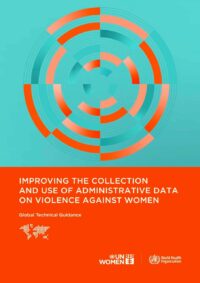Fellowship
Understanding CD8+ T cell-mediated HIV control (subtypes A and C) in eastern and southern Africa: emphasis on dominant networked epitopes and HLA class I alleles
The development of an effective HIV vaccine has been hindered mainly due to the ability of the virus to evolve and escape the host’s defence system. However, the discovery and analysis of highly networked epitopes (regions/parts) of the virus has revealed that mutations (changes) of residues at key network positions hinder viral replication. In addition, it has been shown that these epitopes are restricted by protective human leukocyte antigen (HLA) class I alleles, most of which have been associated with the natural control of HIV. Unfortunately, the targeting of these highly networked epitopes by cytotoxic T lymphocytes (CTLs) remains poorly characterised in sub-Saharan African populations, the epicenter of the HIV/AIDS epidemic. Therefore, this study aims to characterise the targeting of highly networked epitopes by CTLs in eastern and southern Africa. Ng’uni and her team will use both ex vivo and cultured ELISpot assays as well as other T cell-based assays to measure HIV-specific responses to these highly networked epitopes. In addition, given that HLA types have been understudied in Africa compared to other continents, they also aim to contribute to increased HLA data in Africa by conducting extensive HLA typing of individuals from eastern and southern Africa. They will perform high-resolution HLA typing to determine the HLA diversity in the region. The sparsity of HLA data on the continent with such vast HLA heterogeneity warrants more extensive HLA typing studies to accurately capture the diversity and inform the rational design of T cell-based HIV vaccines. Therefore, the high-resolution HLA data generated on HLA usage in the region will serve as an important resource for researchers developing new vaccines.

